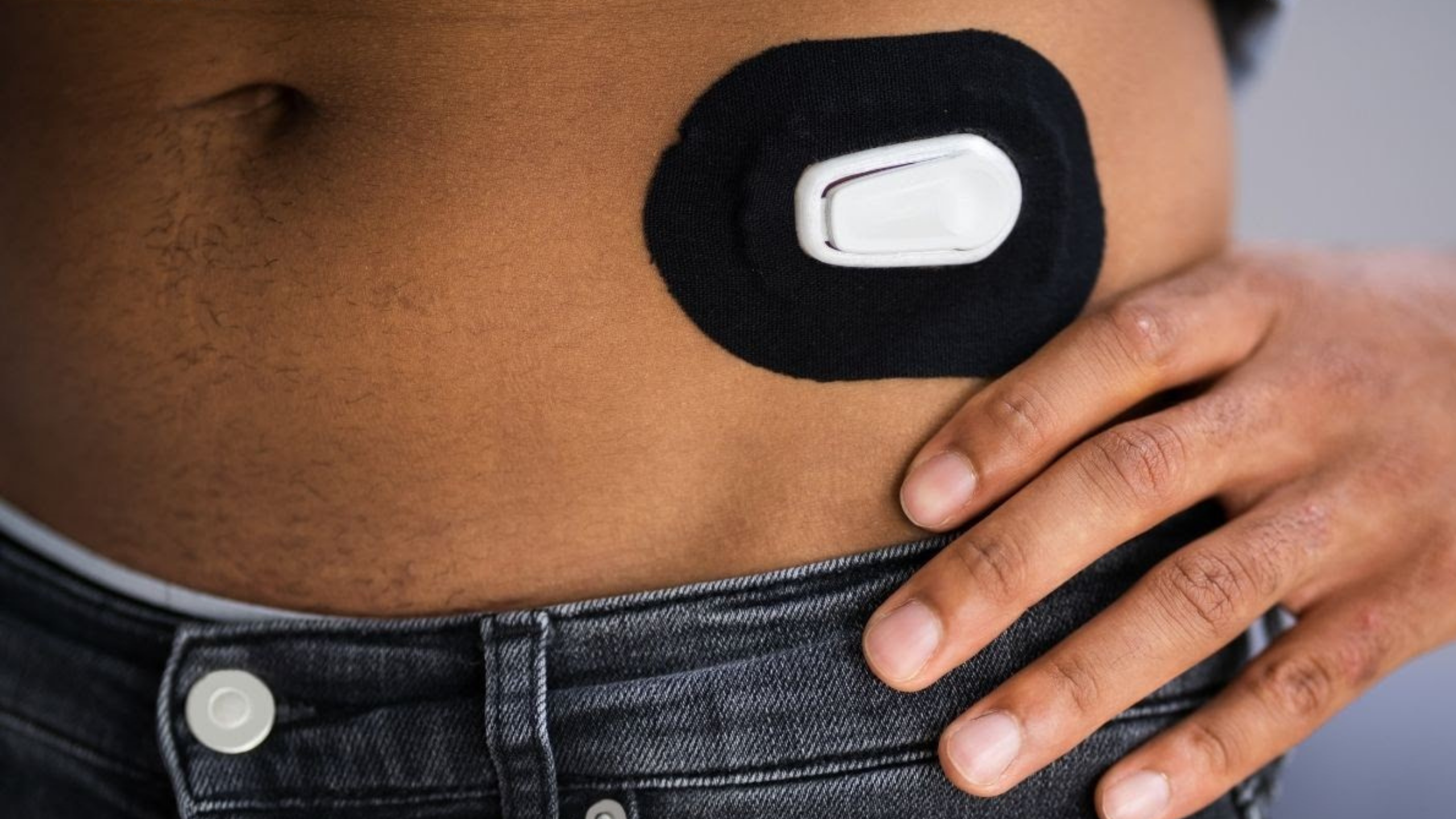Blood sugar issues have reached epic proportions in the US, with the latest figures indicating that more than 100 million adults live with either diabetes or pre-diabetes.
To make matters worse, poor blood sugar control has follow-on effects for just about every organ, raising your risk of heart disease, nerve damage, vision loss, Alzheimer's, and kidney disease, to name a few.
The good news is that lifestyle can have a huge impact on your risk profile, and a few small changes practiced consistently can help your blood sugar numbers move in the right direction.
In this edition, we're digging into the science and sharing some of our favorite resources on monitoring and lowering your blood sugar.

Science-based supplements for blood sugar control.
While supplements aren't a standalone strategy for dealing with sub-optimal blood sugar results, one particular plant-derived compound may be useful.
What do your HbA1c results actually mean?
Hemoglobin A1c (also known as HbA1c) reflects the percentage of your red blood cells have sugar-coated hemoglobin and is commonly used to indicate diabetes and pre-diabetes. Find out where your latest results fall.

The ultimate continuous glucose monitor (CGM) review.
Continuous glucose monitoring is hot with companies like Levels and Nutrisense, making it more accessible to consumers. Elo Co-founder, Ari Tulla, used CGM for a year. Here's what he discovered.
The truth about refined sugar and your health.
It's no secret that added sugar has a negative impact on blood sugar (and general health) but how much is too much? Learn what the science says in this article.
110 foods for stable blood glucose levels.
The blood sugar discussion often focuses on what you shouldn't eat, however, there are plenty of foods that won't send your blood sugar soaring. Here are 110 examples.


Share:
Alpha-lipoic acid: What science says about health benefits, weight loss, and more.
Why green tea might extend your lifespan